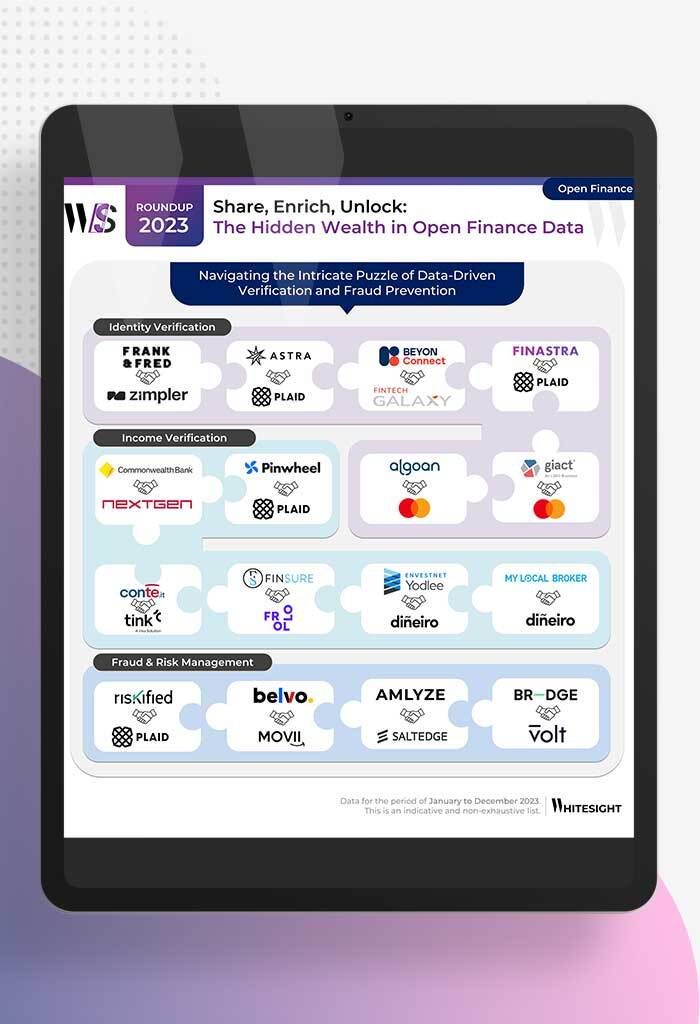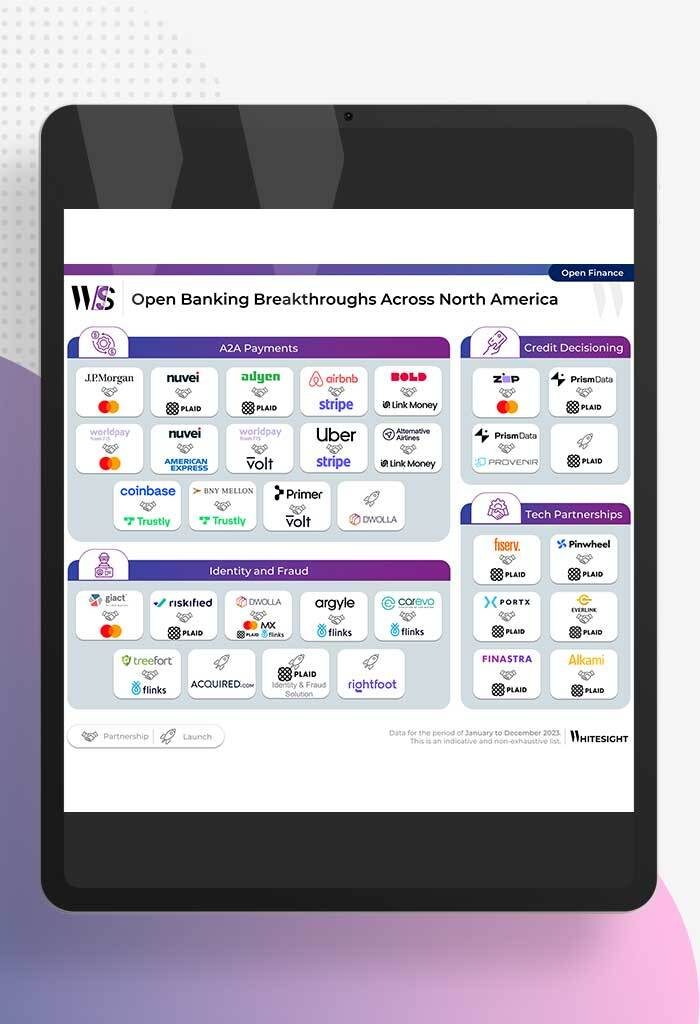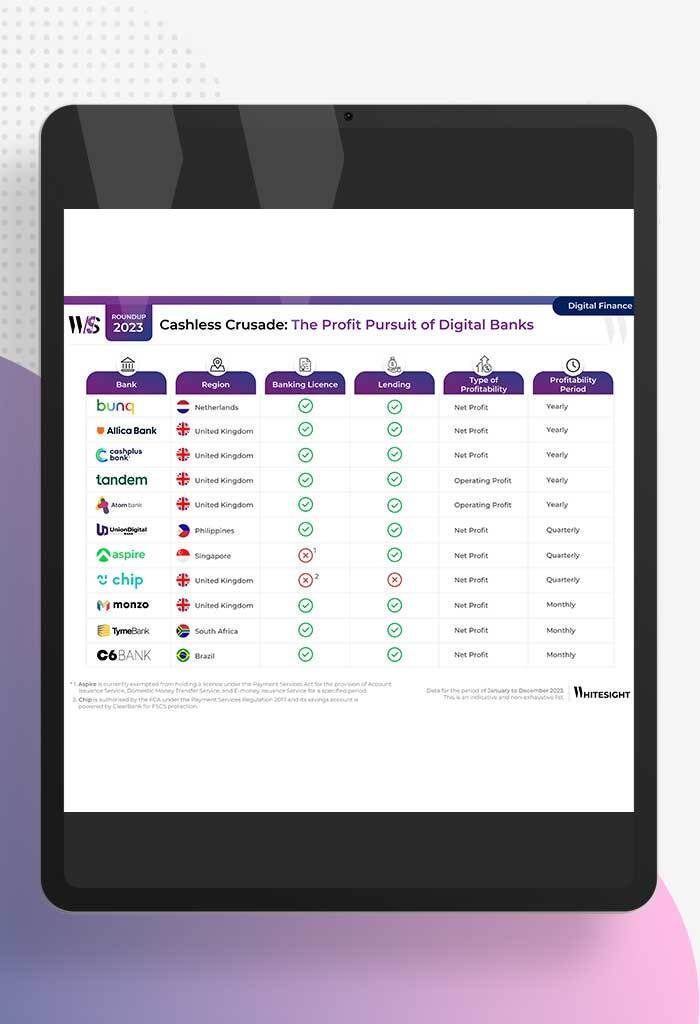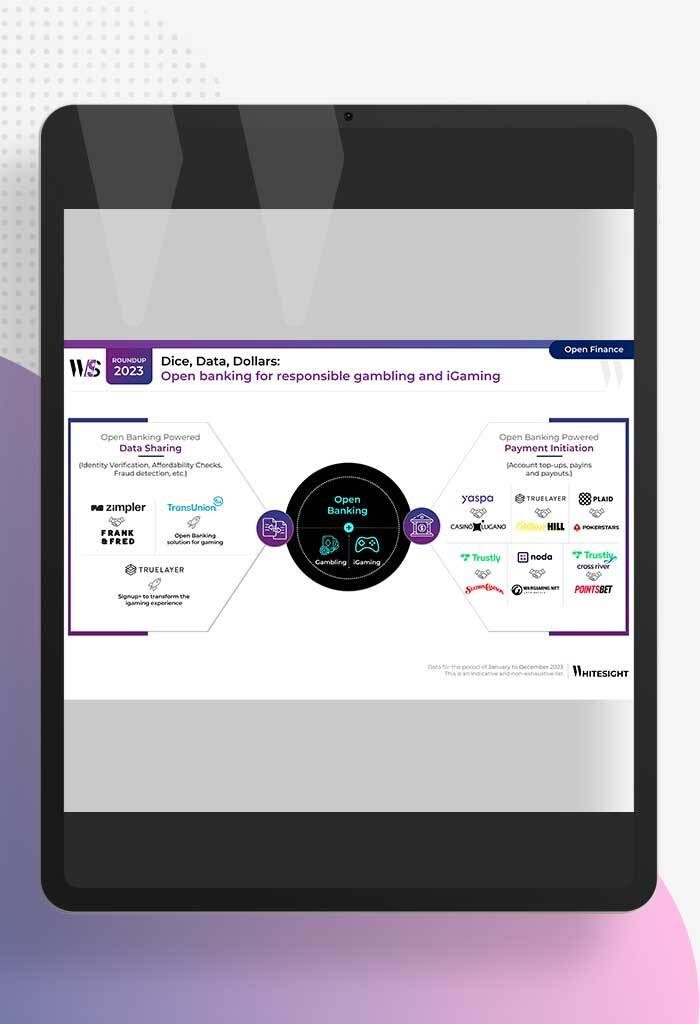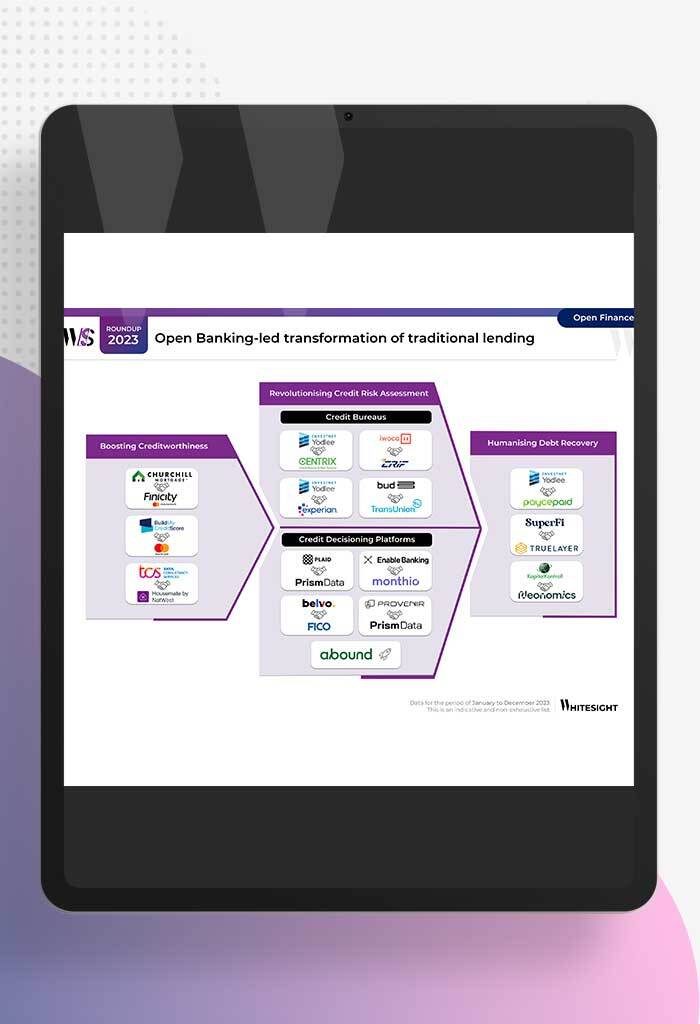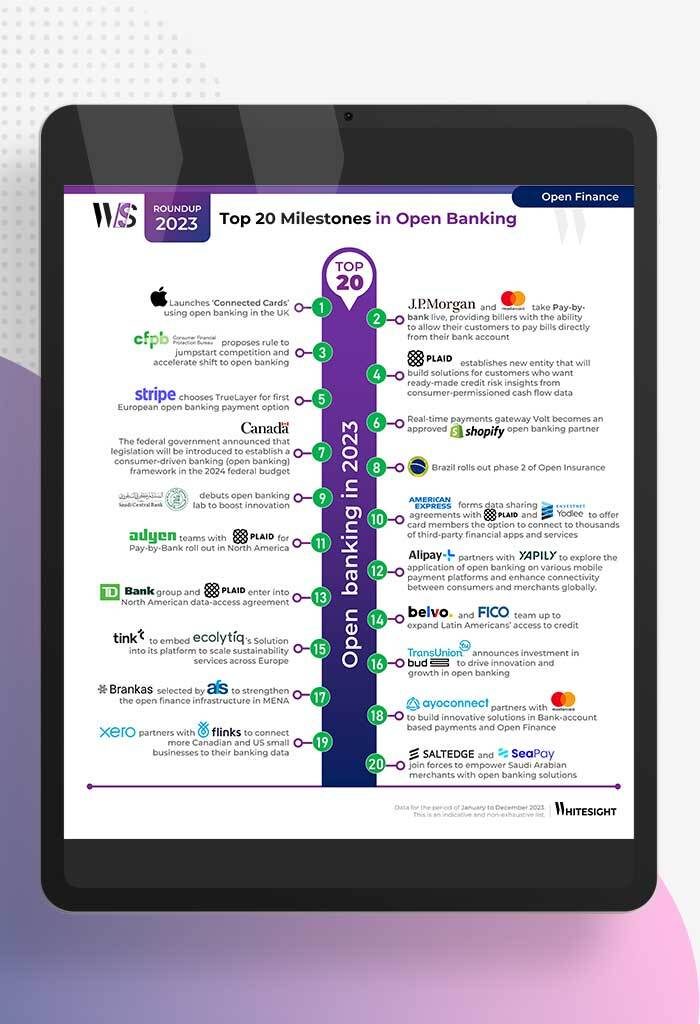WealthTech’s Wealthy Wins: Mega M&As
- Sanjeev Kumar and Risav Chakraborty
- 4 mins read
- Fintech Strategy, Insights
Table of Contents
Innovation and investments have been the key trends in the WealthTech industry over the last decade. Its recent claim to fame with the high value mergers and acquisitions is driven not only by incumbents like Goldman Sachs, JPMorgan Chase, and Charles Schwab, but also by FinTech players such as SoFi, Acorns, and NuBank. While the financial details of most of the deals remain undisclosed, the sheer size of the acquirers has been sufficient to garner attention. In this post, we take a closer look at some of the mega mergers and acquisitions that the sector witnessed in the recent years. Incumbents Flex Their Financial MuscleOne of the biggest transactions in the WealthTech world was unveiled on 26th Jan, 2022 – when Swiss Banking Giant UBS announced its acquisition of robo-advisor Wealthfront in an all cash deal valued at $1.4B. With an asset size of over $1T, UBS will be able to support its growth plans in the US by leveraging Wealthfront’s state-of-the-art digital platform tailored for the next generation of mass affluent investors. In a bid to compete with established retail banking and FinTech rivals, JPMorgan Chase acquired British digital wealth management platform Nutmeg in a blockbuster transaction valued approximately […]
This post is only available to members.
Already a subscriber? Log in to Access
Unlock this blog
Gain exclusive access to this blog alone.
Radar Subscription
Select a membership plan that resonates with your
goals and aspirations.
Not Ready to Subscribe?
Experience a taste of our expert research with a complimentary guest account.
We publish new research regularly. Subscribe to stay updated.
No spam.
Only the best in class fintech analysis.
Related Posts
- Kshitija Kaur and Sanjeev Kumar
From Data Streams to Enriched Data Fountains Remember the early days of plumbing? Water flowed freely, but its quality was...
- Samridhi Singh and Sanjeev Kumar
North America’s Open Sesame: Use Cases Bloom Open banking has garnered significant attention in recent years, and at Whitesight, we’ve...
- Samridhi Singh and Sanjeev Kumar
Profitability Unlocked: Licences, Service, and Survival The rise of digital banks has sparked a paradigm shift in how we perceive...
- Sanjeev Kumar and Risav Chakraborty
High stakes in the gambling sector The online gambling industry is booming, with a projected market size of $107.3B by...
- Sanjeev Kumar and Risav Chakraborty
Open Banking-led Transformation of Traditional Lending In 2023, a wave of innovation swept through the lending industry, thanks to several...
- Sanjeev Kumar
Unmasking Open Banking’s Game Changers in 2023 2023 has been a pivotal year in the world of open banking, marked...
